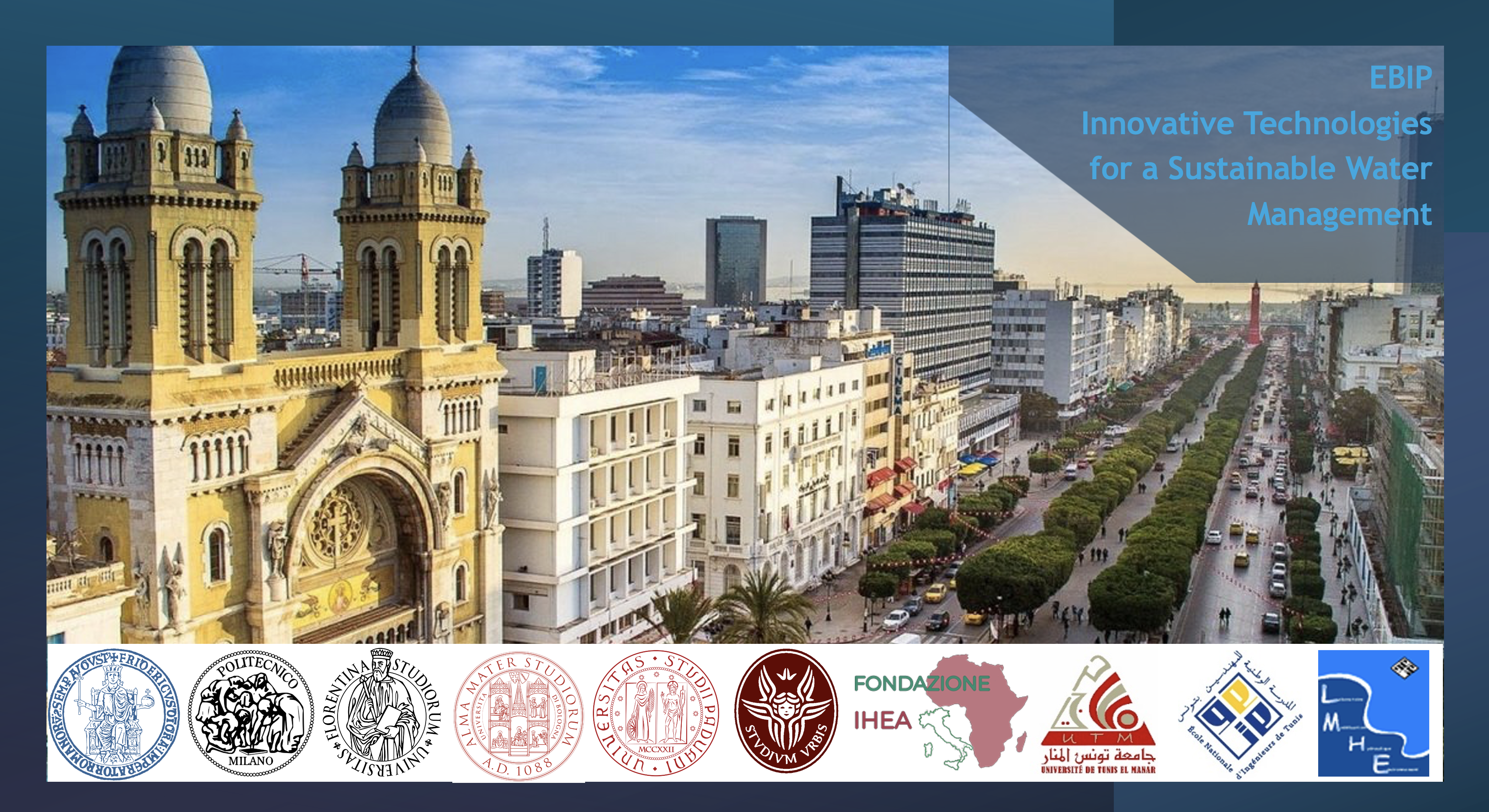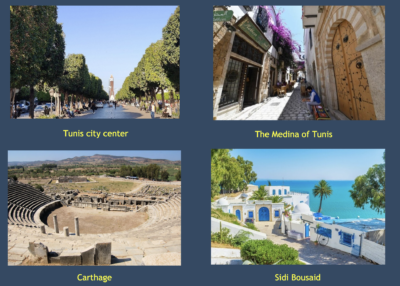
The African Union (AU) and the European Union (EU) have long committed to strengthening their cooperation in Science, Technology, and Innovation (STI). Since 2008, this collaboration has been a key priority of the Joint Africa-Europe Strategy (JAES). Additionally, this commitment aligns with the African Union’s Agenda 2063, which outlines the continent’s long-term aspirations, and the United Nations’ Sustainable Development Goals (Agenda 2030), which promote a people-centered approach to global development.
Programme Objectives
The main goal of this Executive Blended Intensive Programme (EBIP) is to empower African universities by enhancing faculty development and training a new generation of skilled young researchers and academic professionals. Specifically, the programme aims to:
🔹 Strengthen participants’ knowledge of global sustainability challenges and their implications for the African continent.
🔹 Provide participants with the necessary tools and methodologies to conduct high-quality research and training in this field, ensuring effective knowledge transfer to their home institutions.
🔹 Foster long-term partnerships between African universities and Italian universities to enhance academic collaboration and research opportunities.
Who is the Programme For?
The EBIP “Innovative Technologies for Sustainable Water Management” is designed for young talents with academic aspirations who seek to deepen their expertise in water resources monitoring and management. The course offers a unique opportunity to develop advanced knowledge in:
🔹 Hydrological and hydraulic modeling
🔹 Innovative water monitoring techniques
The programme aims not only to equip participants with the tools needed for cutting-edge research in water resources management but also to provide practical skills that can improve water management practices in African countries and beyond.
Programme Structure & Learning Approach
This EBIP consists of both General and Specialized Modules, totaling 20 ECTS.
🔹 General Modules: Designed to develop essential soft skills, enabling young researchers to successfully apply for research funding and effectively promote their academic work.
🔹 Specialized Modules: Offer a broad spectrum of technical skills to enhance expertise in water resources management within the context of climate change and environmental vulnerability.
Additionally, the programme includes a group-based Project Work (3 ECTS), where participants will apply their newly acquired knowledge to: 1) Develop a research proposal on a topic relevant to their home institution. 2) Design a new course syllabus, incorporating innovative teaching methodologies for future academic programs.
Scholarships & Participation
Scholarships covering EBIP costs will be available for selected candidates from Africa.The programme is also open to other young researchers, postdoctoral fellows, and early-career faculty members from non-African countries at full cost.
Location of the EBIP:
Ecole Nationale d’Ingénieurs de Tunis (ENIT)
Tour Osman Bahri, Room 720
(access to ENIT via the main entrance, the room in the 4th floor)
Address: Rue Béchir Salem Belkhiria, Campus universitaire, 1002,Tunis
Getting to ENIT
Arriving by Plane (Airport Tunis Carthage)
- ENIT is at 7 km from Airport Tunis Carthage.
- Taxi: A ride to ENIT costs around 5-15 TND and takes 10 minutes, depending on traffic.
Arriving by Train
- From “Place Barcelone” Railway Station: Take line 5 toward “Intilaka”and get off at “Campus”. Metro ticket cost around 0.5 TND.
- Taxi (the best way): A ride to ENIT costs around 5-15 TND and takes 15 minutes, depending on traffic.
From City Center (Avenue Habib Bourguiba)
- From “Place Barcelone” or “Place de la République” Take Metro line 5 toward “Intilaka” and get off at “Campus”. Metro ticket cost around 0.5 TND.
- Bus : From “Tunis Marine” take line 38-B toward “Omrane supérieur” or line 36 toward “Campus”and get off at “Campus”. Bus ticket cost around 0.5 TND.
- Taxi (the best way) : A ride to ENIT costs around 5-15 TND and takes 15 minutes, depending on traffic.
Top Attractions in Tunis
Historical and Cultural Sites
Tunis has a mix of historical, cultural, and modern attractions, must-see places include:
- The Medina of Tunis, a UNESCO World Heritage Site, is the top highlight. It’s a maze of narrow alleys filled with centuries-old mosques, souks, and traditional houses.
- Bardo Museum – Famous for its impressive Roman mosaics.
- Carthage – Ancient ruins of the Phoenician and Roman city.
- Sidi Bou Said – A picturesque blue-and-white coastal town.
- Avenue Habib Bourguiba – The city’s main boulevard with cafes and colonial-era architecture.
- Zitouna Mosque – The historic heart of the Medina.

Local tips
- Currency: Tunisia uses the Tunisian Dinar (TND), 1 TND=0.3 Euro.
- Card payments are widely accepted, but cash is generally needed in smaller places.
- You must exchange your foreign currency at official exchange offices, banks, or hotels. Keep your exchange receipts if you plan to reconvert leftover dinars before leaving. If you’re carrying more than 10,000 TND (or its equivalent in foreign currency), you must declare it at customs upon arrival. If you plan to leave Tunisia with more than 5,000 TND (or equivalent in foreign currency), you also need a customs declaration proving you entered with it.
- Language: Arabic is the official language, French is widely used, but many people, speak English, Italian and Spanish.
- In Tunis, you can get a taxi by hailing one on the street, using a ride-hailing application like Bolt, or asking your hotel or restaurant to call a taxi for you.
- It possible to buy sim card at the airport, you just need identity card or passport. It cost around 5 TND
- Emergency number: 112 (general emergency services), 190 (Emergency doctor), 197 (Police)